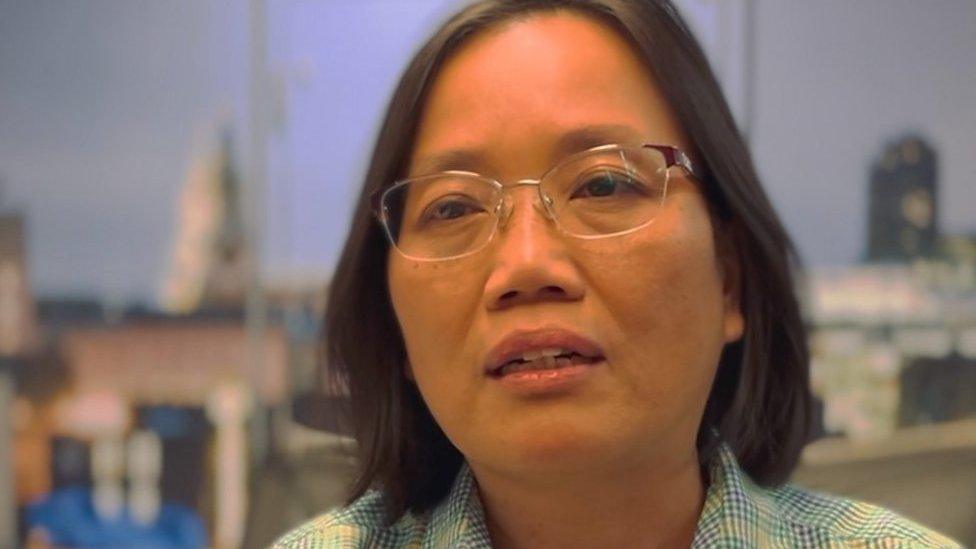Former Dorset detective launches human trafficking podcast
- Published
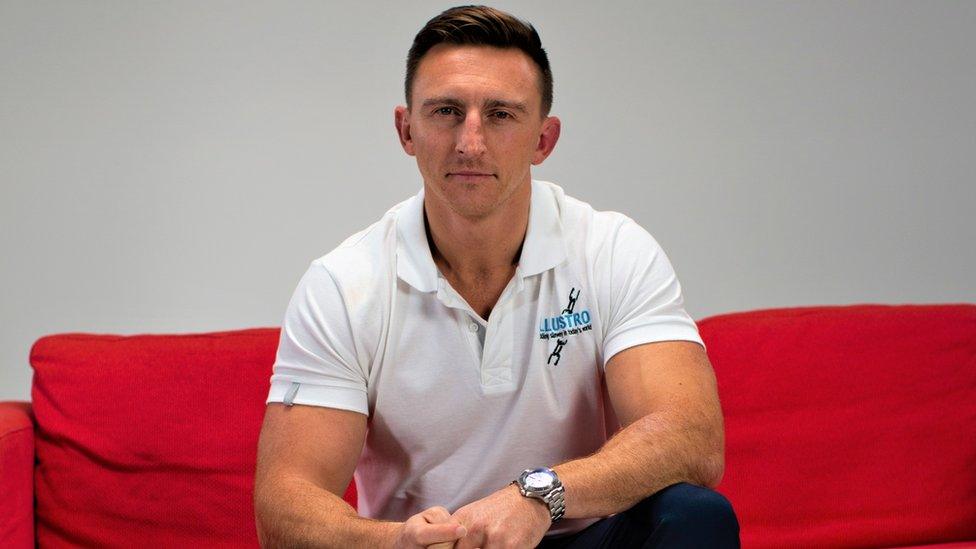
Mr Dunkerley's podcast 'Let's Talk Modern Slavery' has launched to raise awareness about the work being done to combat human trafficking across the world
A former detective wants to alert people to the scale of human trafficking in the south of England.
Tony Dunkerley has launched a podcast in a bid to highlight the work being done to combat modern slavery.
Mr Dunkerley served as a police officer in Dorset for 10 years, specialising in human trafficking investigations across the county.
He now uses his experience in the force to run a consultancy firm, working with organisations like the United Nations.
He said: "If we're looking at the figures just for the UK, around 136,000 people are being held in what we call modern slavery at any one point in time.
"So we're looking at people who are being trafficked, people of child exploitation, sex exploitation, forced labour and organ trafficking and it happens everywhere - including Dorset."

Mr Dunkerley now holds training sessions around the world on behalf of the UN
Mr Dunkerley said his work in the county included investigating organised crime groups, which operated online advertising women and girls for sex exploitation.
"They would advertise a particular location where a 'client' would go to exploit these ladies and then that organised group would move the women onto another county, in order to move on quickly before law enforcement could be alerted or react," he said.
Since leaving Dorset Police in 2016, Mr Dunkerley has set up his firm Illustro Consultancy and travels across the world as a UN advisor on human trafficking and people smuggling.
He also hosts workshops in schools to educate children on the risks of human trafficking and how to stay safe.
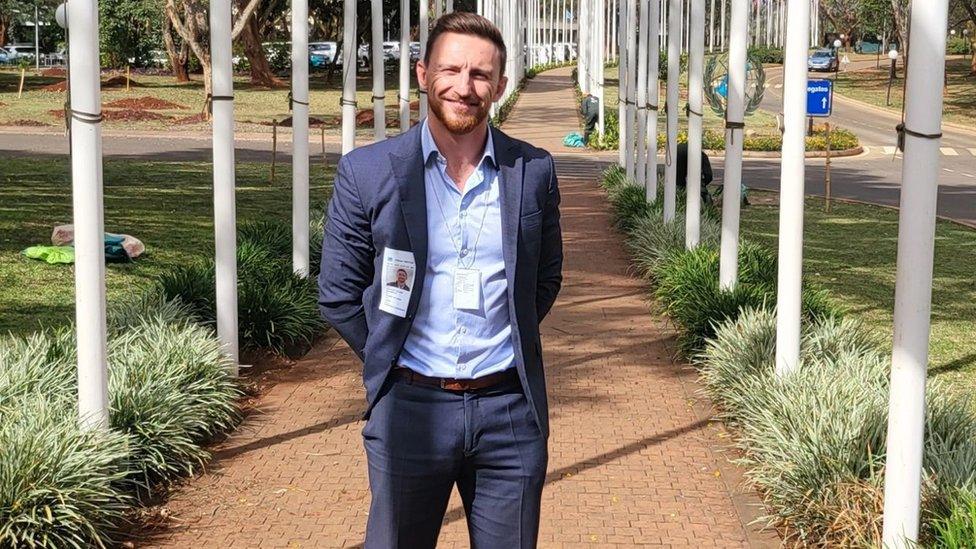
Visiting the UN offices in Nairobi in his role training on behalf of the United Nations Office on Drugs and Crime
Mr Dunkerley's podcast Let's Talk Modern Slavery has launched from a studio in Bournemouth and will see the former detective interview experts he has met on his travels about their experiences of human trafficking.
He continued: "I've spent a significant amount of time working with some amazing investigators.
"We've got people who've brought down the biggest human trafficking rings in Africa, we've got people who identified the slavery compounds in South East Asia, we've got people who are running secret safe houses for victims in different countries.
"The public don't ever really know who these people are, or get to know the realities of how large and complex a scale this is of human trafficking.
"I thought it would be great to try and give them a platform to talk about the cases they deal with. So we've got these people talking as much as they can about the realities of, not something that ended 200 years ago, things that are happening right now."

Follow BBC South on Facebook, external, X, external, or Instagram, external. Send your story ideas to south.newsonline@bbc.co.uk, external.
Related topics
- Published26 January 2024
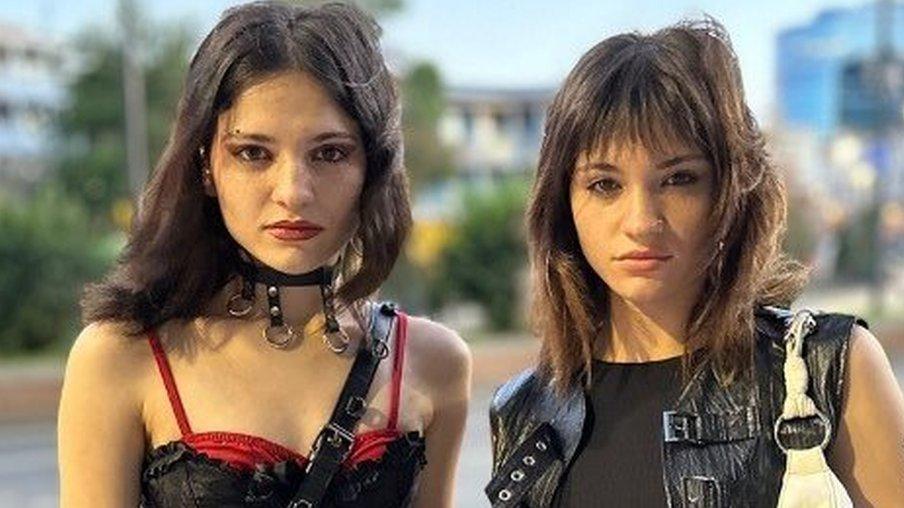
- Published12 December 2023
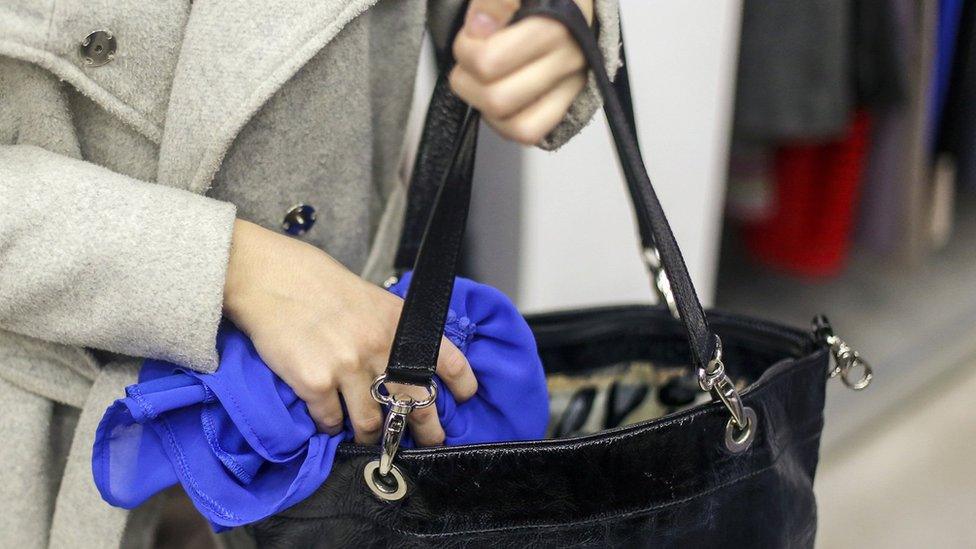
- Published3 January 2024

- Published28 September 2023
